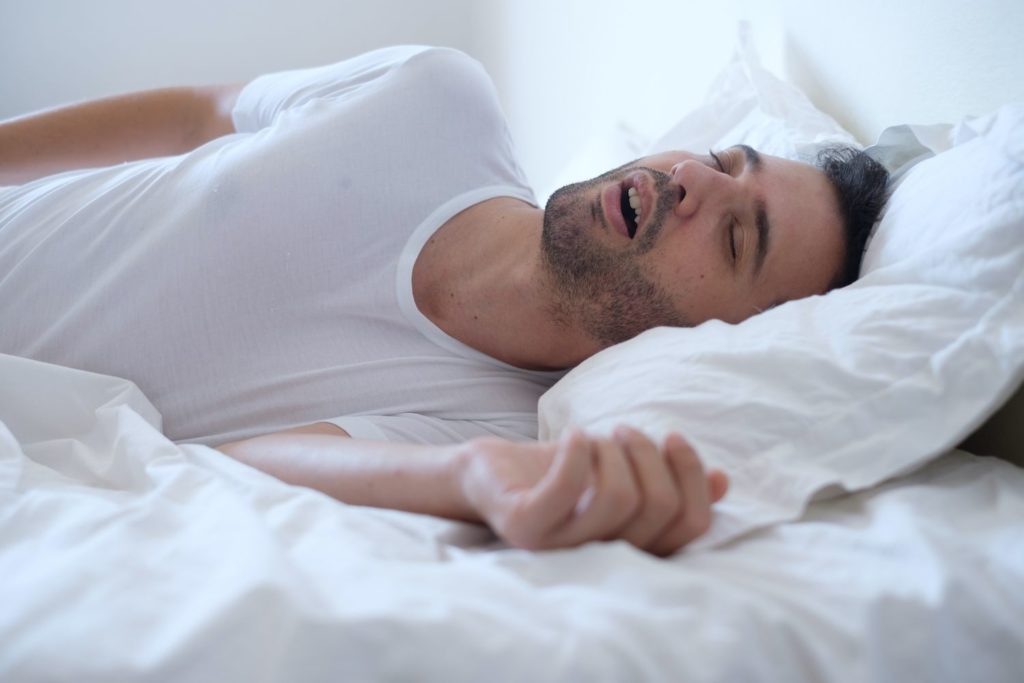Sleep apnea is a potentially dangerous sleep condition in which your breathing may start and stop repeatedly. If it goes untreated, it can lead to many severe or fatal health problems, including high blood pressure or other heart issues.

How Does Sleep Apnea Impact Your Health?
Heart problems are common among those who have sleep apnea. Because the heart is put under stress to correct your blood oxygen levels, there is unnecessary strain added to your cardiovascular system.
Along with high blood pressure, you may be at risk of a heart attack or stroke. Sleep apnea can increase your chances of other major medical issues. These can include type 2 diabetes, nonalcoholic fatty liver disease, or abnormal cholesterol levels.
Those with sleep apnea may also have issues with anesthesia and some medications. Being under sedation or lying on your back may lead to complications after major surgery due to issues with your breathing.
Since your body is under stress, it can develop problems that are not strictly associated with respiratory problems or the heart. Depression, mood swings, irritability, and memory loss are also effects that sleep apnea can have on your body. Sleep contributes to emotional regulation and memory consolidation, and since sleep apnea disturbs your sleep, these processes can experience disruption.
Sleep apnea does not just affect fatigue in the patient. If the snoring is loud enough, a partner may experience sleeplessness as well. Your sleep apnea may be preventing your partner from getting a good night’s sleep too.
Other effects of sleep apnea include weight gain, dry mouth, headaches, and nightmares. With your body struggling to keep up with the effects of sleep apnea, your body will increase its production of cortisol, the stress hormone. This is what causes increased weight gain and nightmares.
Do I Have Sleep Apnea?
Some of the signs of sleep apnea may not be apparent to you while you sleep, but they may be identified by another person. A common and obvious sign of sleep apnea is louder than normal snoring. You may experience periods in which you stop breathing or gasp for breath during your sleep.
During the day, you might feel excessively sleepy and have difficulty paying attention. Sleep apnea disrupts your sleep pattern and makes it difficult to get a restful night’s sleep. You may also wake with a dry mouth or a headache. It is also possible that you will feel irritable throughout the day.
How Can My Dentist Treat Sleep Apnea?
A dentist may not be the first person you think of when dealing with sleep apnea, but if you are a candidate, your dentist can fit you for a custom sleep appliance. Unlike a traditional CPAP machine, a custom sleep appliance that fits into your mouth doesn’t require electricity. It is more compact and quieter. This is a device that will keep your airway open while you sleep and help to keep the effects of sleep apnea in check—getting you a better night’s sleep.
